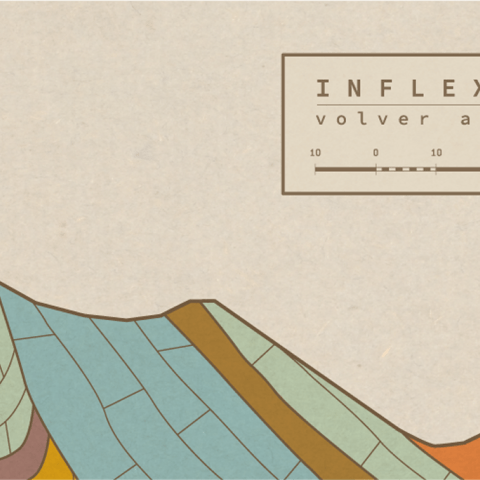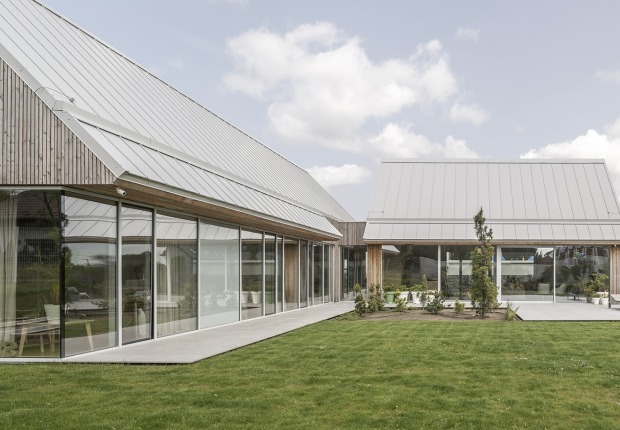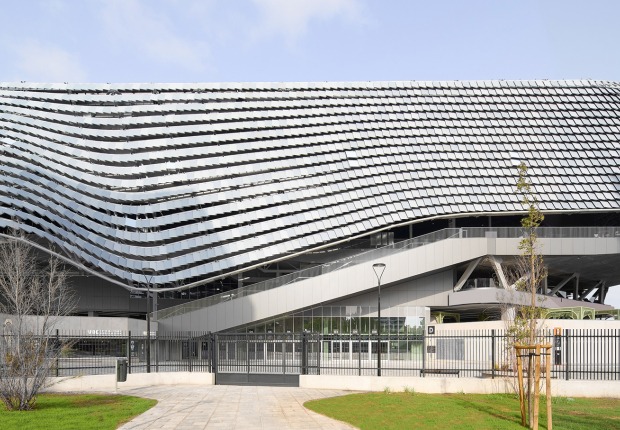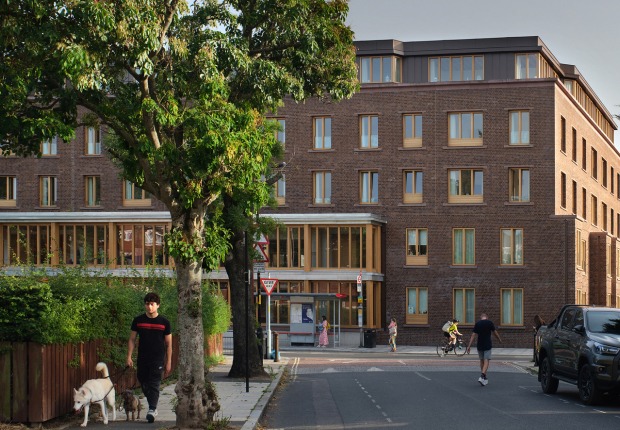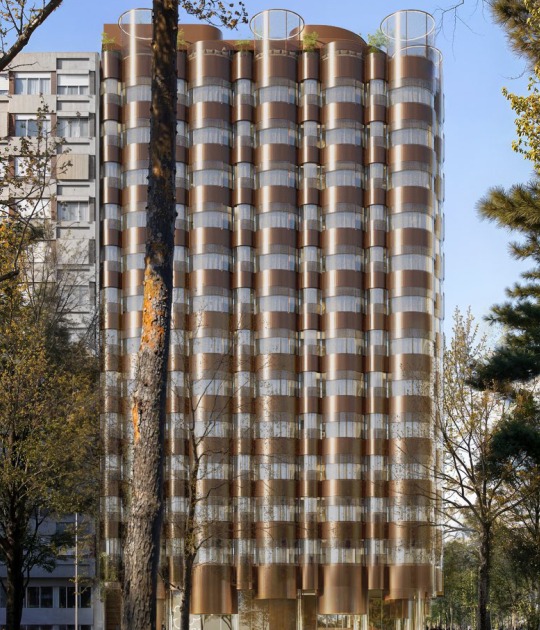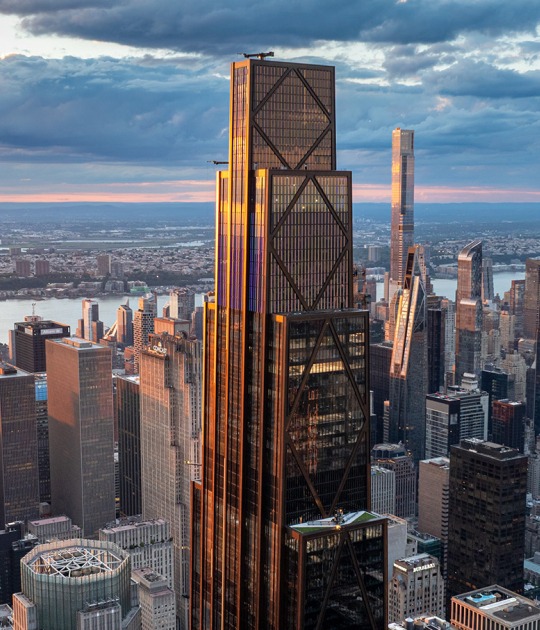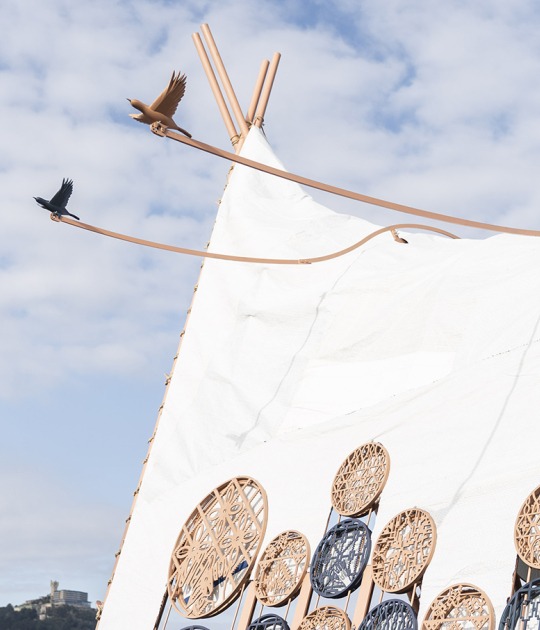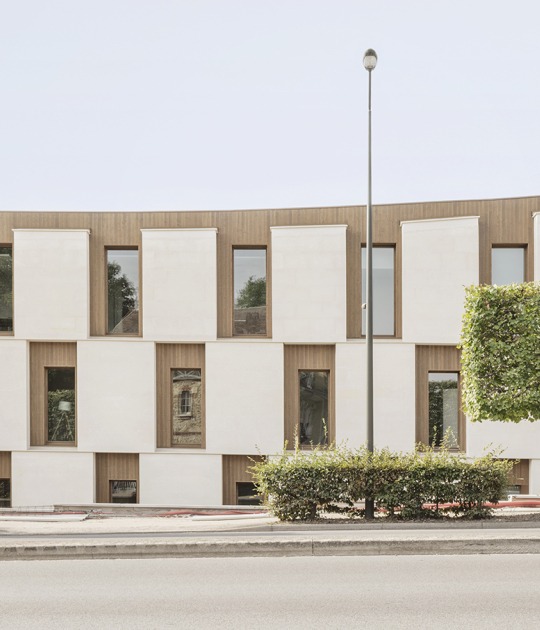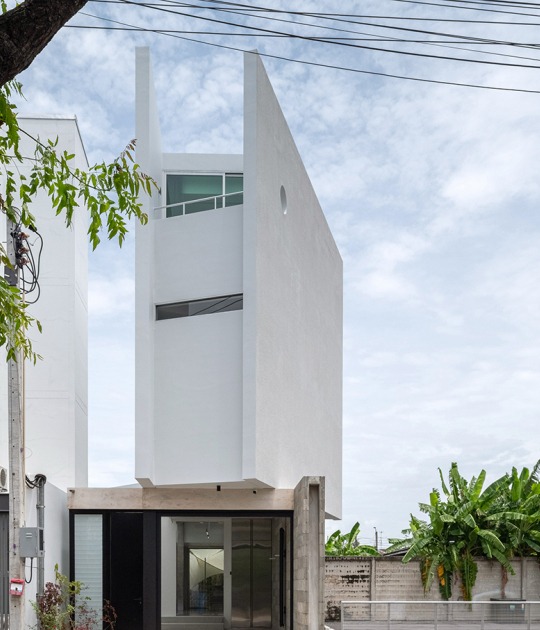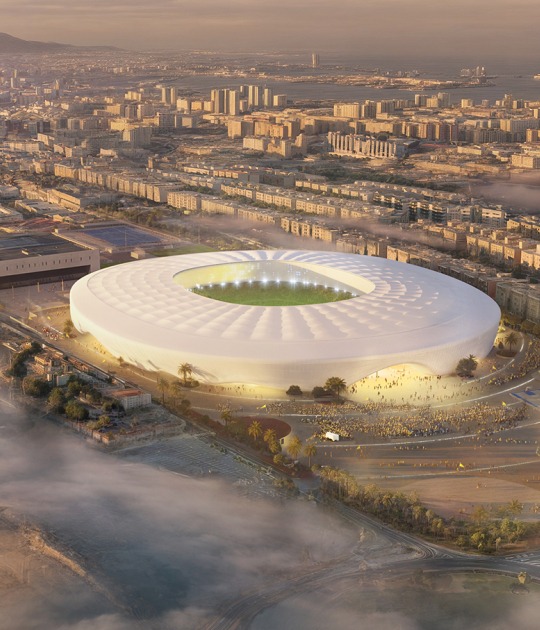The origin of the speakers and critics also marks a line of thought, integrating characters from Latin America, Asia, and Europe(3) with a broad and heterogeneous vision above localisms and biased visions that in recent years have built a superficial and stereotyped vision of Ecuadorian and Latin American architecture. Thus, the public should expect horizontal debates away from neo-populism and paternalism(4).
Therefore, BAQ 2022 attendees can expect a series of substantive debates, even though most of the invited profiles and projects to be exhibited, worked on these ideas in a pre-pandemic context. It is the task of BAQ 2022, with a program that emphasizes and grants a special place to the debate of a series of projects (including those of its speakers), to reflect on whether the proposals, whether theoretical or projectual approaches, were raised with a pertinent and coherent vision about the problems revealed in this crisis. A priori, it is highly probable that these discussions, rather than generating closed conclusions, constitute a contribution to a contemporary debate that is under construction and therefore unfinished.
Nevertheless, it is still a complex task. Architecture, as a social construct, and the result of time and space is subject to processes where the effects of the forced transitions to which it has been exposed historically are observed with greater perspective in the long term(5).
NOTES.-
Barba, José Juan. 2019. CONGRESO ANYWAY. La ciudad de las ciudades. Barcelona: Fundación Arquia
2. In the last 3, the local academy was incorporated in a real way in the critical analysis of the academic catalogs. In previous years, the Academic Catalog was a kind of event proceeding with minor contributions from a small group of professionals.
3. The United States is indirectly present through the background and education of several speakers.
4. We recommend reviewing chapter 3 of the book “Crítica de Choque” by Fredy Massad, a keynote speaker present in the two previous Biennials (2018 and 2020).
5. This issue is highlighted, for example, in the book "X-ray Architecture", research that came to light in 2019 and was consolidated in 2021 even though it had its origin in 1980 when Beatriz Colomina assures that "there was not yet a climate for that type of research…” that proposed a close relationship between tuberculosis and architecture.
